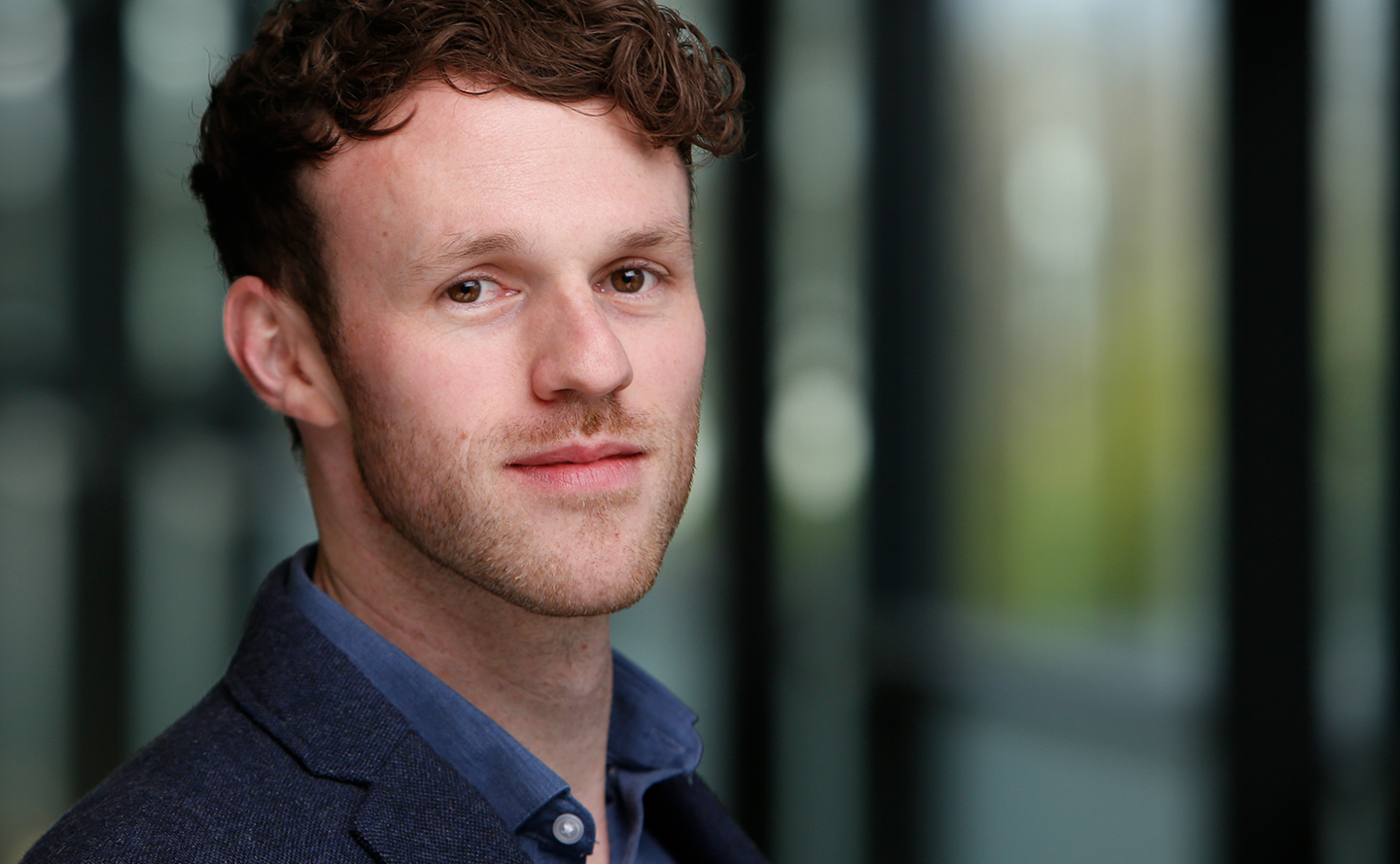Dr Christopher Lloyd
Meet Dr Christopher Lloyd, a Senior Lecturer in English Literature. He is also the co-chair of the LGBTQ+ staff network, which he values as a 'space for people to come together safely.' He shares his ideas to achieve greater equality for all.

Life at Herts
Since 2020 I have been co-chair of the LGBTQ+ staff network. Before that I wasn’t a member, as I didn’t know if it was ‘for’ me, in a sense. I also lived far from campus, so I knew it would be hard to make social events. But now I am involved I can see how – if nothing else – it provides a space for people to come together safely. It now feels like a haven outside of the usual university week.
I think as soon as you find the people around you who feel and experience similar things, or at least can understand your own individuality – and actively support it – then you automatically feel safer in a work/study environment.
What more can we do?
As a sector we need to do more in terms of representation (in management, in curricula, in teaching etc). We need to support and champion (explicitly) trans people, especially trans people of colour. This also means not inviting scholars to the University who have track records of making discriminatory comments to members of the LGBTQ+ community.
We need to help students and staff to understand gender and sexuality in a more nuanced way: e.g. knowing the difference between sex/gender, understanding the LGBTQIA+ categories, thinking about non-binary identities and foregrounding pronouns etc.
Every LGBTQ+ person has probably been discriminated in some way during their life; those who are trans and gender nonconforming, or those who are queer and POC, probably more so. Staff and students continually misgender colleagues of mine, for instance.
We need to move away from heteronormative models of understanding the world and have straight people acknowledge that ‘coming out’ isn’t a one-time process, but rather an ongoing thing.